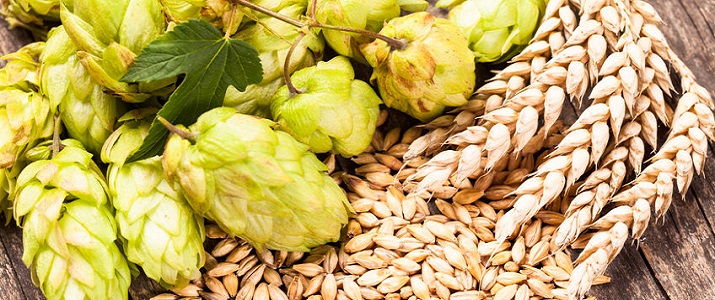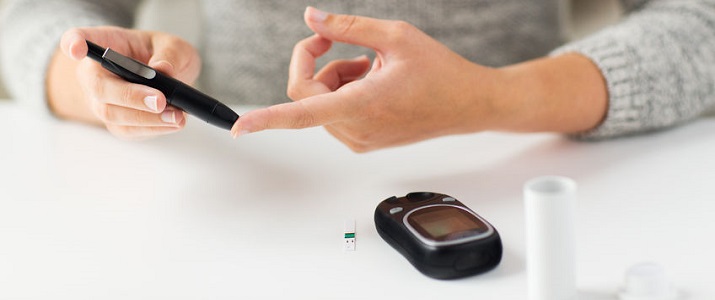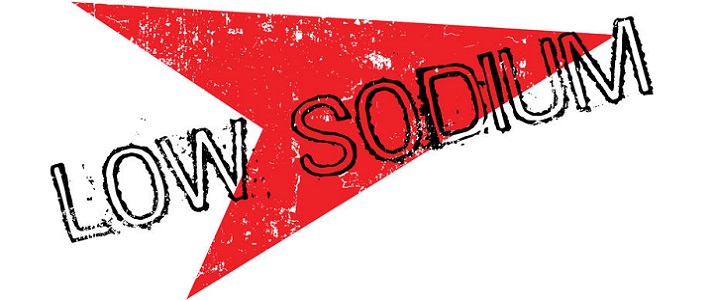CoQ10 – Top Heart Health
In 2016 alone, it was recorded that approximately 20 000 new food products were introduced to the US food markets. Cardiovascular-related diseases are the leading cause of death, this statistic is not hard to believe considering the rapid rate at which new foods are being produced. How do we keep up? How do we know what foods are good for us and which to avoid?
Thanks to research we have found some delicious foods to eat for a heart-healthy diet.
Eat Your Heart Out!
We are left in no doubt that CoQ10 can help benefit heart health. But being proactive will get you the very best results and ensure the benefits of CoQ10 are multiplied by eating a healthy diet. Here are some of the healthy alternative that you may want to consider.
Carbohydrates
Not all carbohydrates are good for you.
Simple carbohydrates such as table sugar, candy and sodas should be avoided. They cause a spike in insulin levels which increases the risk of diabetes and high blood pressure.
Complex carbohydrates which are also known as starchy foods are a healthier alternative and can reduce the risk of many cardiovascular-related diseases.
Barley – Rich in fiber, potassium, and vitamin B6, barley helps lower cholesterol which decreases the risk of heart disease.
Oatmeal – Lines the digestive tracts preventing cholesterol from being absorbed into the bloodstream.
Brown Rice – Switching from white to brown rice is a healthier option. Brown rice is high in magnesium which is an important mineral for regulating blood pressure and neutralizing sodium content in the body.
Protein
Protein plays a key role in maintaining and regulating muscles, organs, and tissue. There are however some proteins that contain a higher content of saturated fats which result in higher cholesterol. Knowing the difference is beneficial to your health.
Nuts – Hazelnuts, almonds, and macadamia nuts are examples. Nuts are high in Omega-3, fiber and vitamin E. Vitamin E is essential for preventing plaque build up in the arteries.
Fish – Foods such as mackerel, salmon, and sardines give your heart a healthy boost and lower the risk of heart attacks. Packed with omega-3, these superfoods reduce blood clotting and lower blood pressure.
Beans and legumes – Not only are they wallet-friendly and versatile, they are a healthy alternative to meat. Beans are a powerhouse of minerals, vitamins, and antioxidants.
Fruits and Veg
This food group is a no-brainer when it comes to health benefits. Eating a colorful array of vitamins and nutrients is sure to keep any heart risks at bay.
Leafy Greens – Broccoli, kale, and spinach are all examples of healthy green foods. They are high in antioxidants, fiber, and vitamins which reduce inflammation of the artery walls and lower blood pressure.
Tomatoes – Tomatoes are a great source of potassium and protect cells from free-radical damage and hardening of the arteries.
Apples –. Apples act as a natural anti-inflammatory and are full of antioxidants called polyphenols, which much like tomatoes, also protect cells from free-radical damage.
Fats
There is a lot of speculation when it comes to fats. A moderation of heart-healthy fats is important to maintaining a balanced diet and should not be eliminated altogether.
Rice bran oil – One of the healthiest cooking oils, rice bran oil has an ideal balance of polyunsaturated and monounsaturated fats. It also reduces the absorption of cholesterol.
Soybean oil – Soybeans contain a variety of essential fatty acids and plant sterols and is known to reduce clogged arteries which lowers the risk of heart attacks and strokes.
Summary
Taking a quality CoQ10 supplement alongside a balance healthy diet will get you top results when it comes ot heart health.

 Subscribe Now
Subscribe Now



